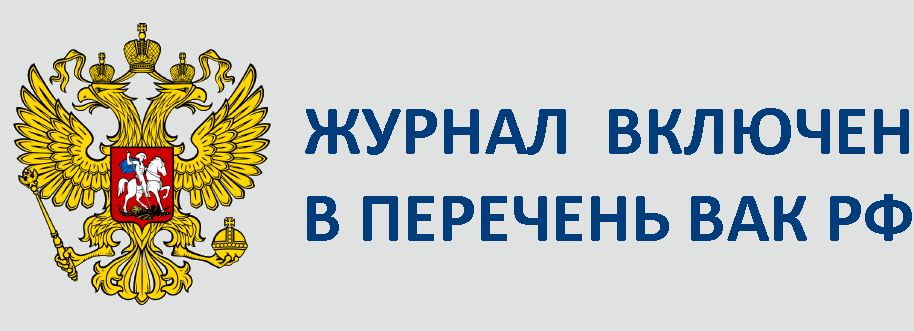№1-2025-02
DOI: 10.22281/2413-9912-2023-09-01-19-36
Glagolev V.S., Konnov V.I
THEORETICAL PROBLEMS OF SELF-ORGANIZATION
OF BASIC SCIENCE: A HISTORICAL RETROSPECTIVE
The article examines theoretical problems of self-organization of basic science in the historical perspective, including the influence of sociology of science and ethnographic approach on the ideas about the formation of scientific knowledge. The key concepts characterizing science as a self-regulating system, which were proposed by K. Popper and R. Merton, as well as critical approaches developed within the framework of science and technology studies (STS) are analyzed. The article focuses on the works of T. Kuhn, D. Bloor, B. Latour and K. Knorr Cetina, who question the idea of science as an endeavor aimed solely at the formation of objective knowledge and governed by the internal norms of the scientific community. Emphasis is made on the polemical episode known as “science wars”, which reflected the disagreement of natural sciences and humanities regarding the objectivity of scientific knowledge and its social conditionality. The article analyzes the humanities’ critique of scientific knowledge and the natural scientists’ counter-arguments, including the “Sokal hoax.” The conflict between the self-representation of natural sciences and critical approaches in the humanities demonstrates the tendency of academic communities to lock themselves within their own worldviews and slip into dogmatization.
Keywords: sociology of science, science ethnography, self-organization of science, science policy, science wars
Moscow State Institute of International Relations (University) of the Ministry of Foreign Affairs of the Russian Federation (Russia).
Это произведение доступно по лицензии Creative Commons «Attribution-ShareAlike» («Атрибуция — На тех же условиях») 4.0 Всемирна






